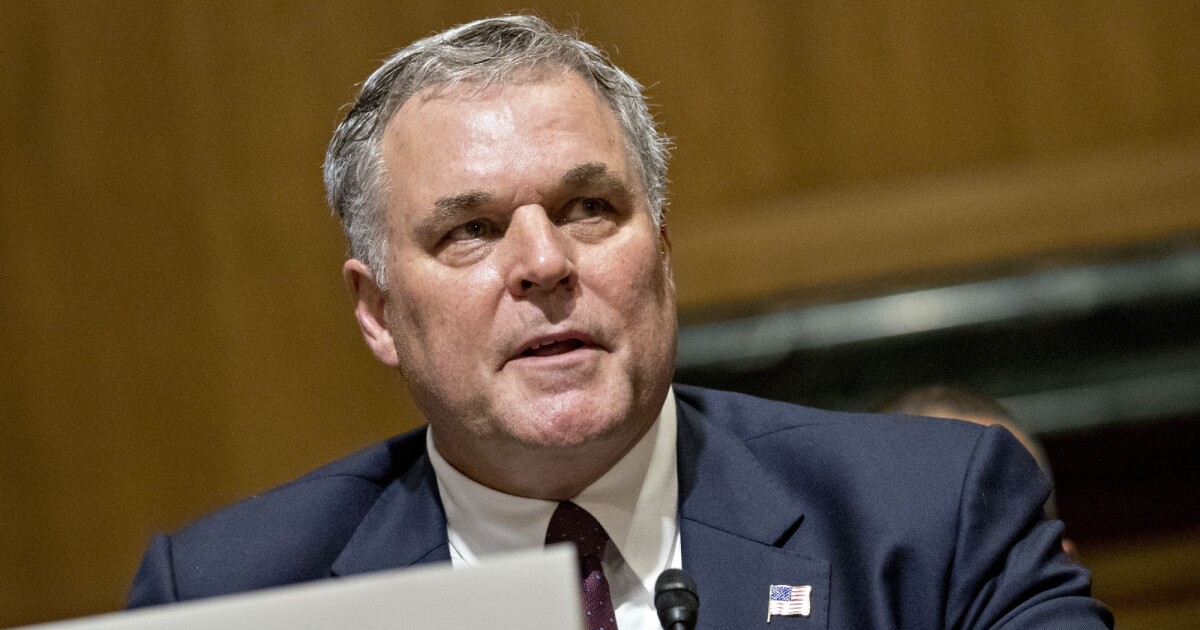|
In testimony issued last week, IRS Commissioner Charles Rettig offered his explanation for the limited relief, but it was far from satisfying. When questioned, Commissioner Rettig stated that the due date for 2021 first quarter estimated payments couldn't be pushed back because high-earners would use the extra month to game the system, without providing any more detail. He then went on to add that because he looks like a cross between bad-ass actors Ray Liotta and Brian Dennehy, he can act with impunity.*
*last thing may not have happened
Let’s sort through the new individual extension with a quick Q&A…
Q: Is the one month extension to file my tax return automatic?
A: Yup. No action is required on the part of an individual taxpayer to participate in the one month extension. Individuals needing an extension of time to file until October 15, 2021, however, must still file Form 4868 by May 17, 2021.
Q: I owe taxes on my Form 1040 for 2020; does the extension also delay the time to PAY by one month, or only the time to file?
A: The time to pay is also extended until May 17. Payments due for individual income tax returns will not accrue interest or penalties until May 18, 2021.
Q: Do entities other than individuals get an extension to file and pay?
A: No. Only individuals filing Form 1040 receive an automatic extension of time to file and pay 2020 tax due. This is quite different from last year.
Q: Are first quarter 2021 estimated payments for individuals and entities extended to May 17, 2021?
A: No. First quarter estimated tax payments for calendar year filers are still due April 15, 2021.
Q: Wait…that makes no sense. You’re saying my 2020 tax liability doesn’t have to be paid until May 17, but my 1st quarter 2021 payment, which is likely going to be based on my final 2020 liability, is due one month earlier, on April 15? That’s ridiculous.
A: That last part isn't really a question, but it is accurate. It’s why this whole thing is rather silly.
Q: OK, riddle me this…let’s say I file my 2020 extension in May, and purposefully pay more than the balance due so that it will give rise to a large overpayment. Will that overpayment be credited to the Q1 2021 payment – as it would have if the extension payment had been due and made before April 15 -- or will it not be credited to my 2021 account until May 2021, causing me to have to pay penalties for Q1?
A: This is the big unknown. If I were a betting man – and I am, based on the losses that piled up this past weekend because the Big Ten suddenly forgot how to play basketball – I’d say that it’s going to be credited in May, and not April, and will be too late to cover your Q1 payment.
Q: Are the deadlines for contributions to IRAs and HSAs extended?
A: They certainly should be. Under Section 219, the IRA contribution is due by the due date of the return, without extensions, so that should now be May 17. Section 223(d)(4) should do the same for HSA contributions.
Q: Is the time for filing a claim for refund for my 2017 tax return extended to May 17, 2021?
A: That one I'm not so sure about. We'll see if we get broad relief from the IRS like we did last year in Notice 2020-35.
Q: When is my individual income tax state return due?
A: Depends on the state. Most states have already pushed back to at least the May 17 federal due date. As of the moment, however, the following states have NOT conformed, and are due before May 17: Arizona (pending, with a vote scheduled for March 24), Hawaii, Idaho, Indiana, and Ohio.
Q: Do taxpayers affected by disaster declarations that have a June 15, 2021 deadline now need to file by May 17, 2021?
A: No, the individual filing and payment extension to May 17, 2021 does not impact taxpayers in Texas, Oklahoma, and Louisiana who previously had their Federal due date extended to June 15, 2021.
RubinBrown's Ashley Granger and Charlie Forsyth contributed to this article.
|
|



